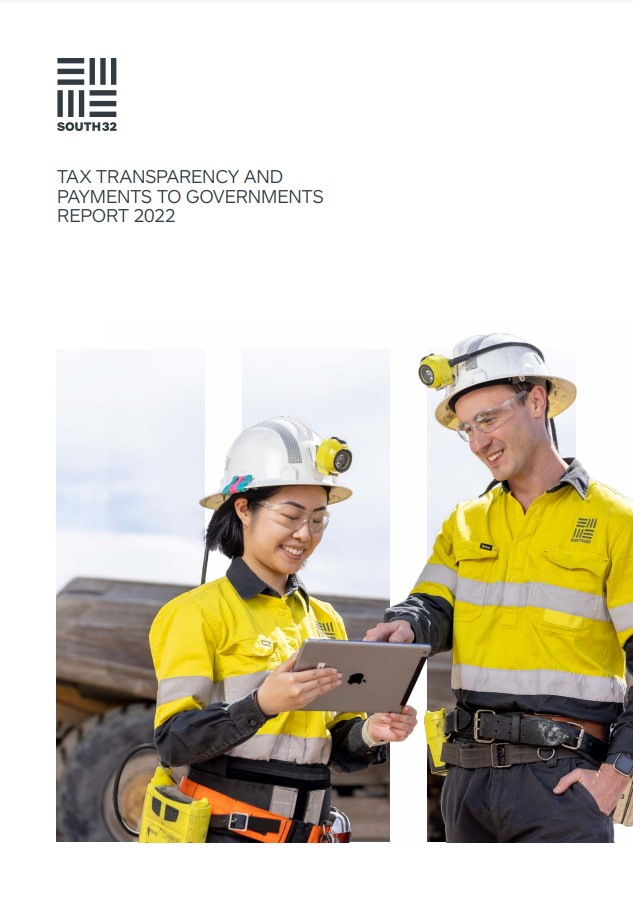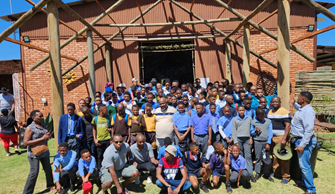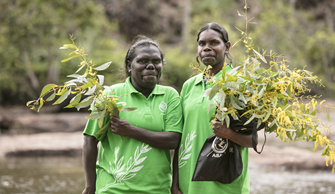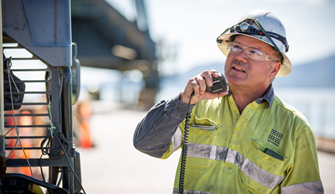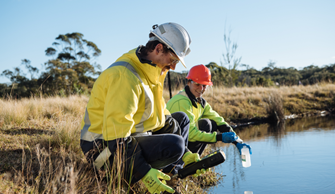Kotulong Community Centre Relocation Project
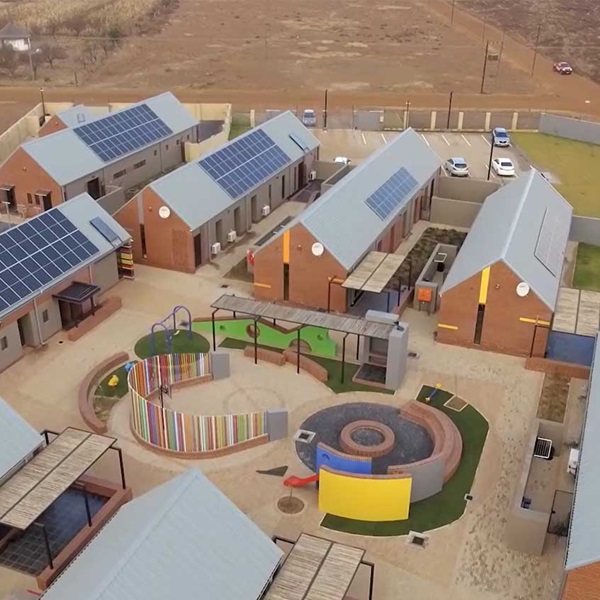
Kotulong Community Centre Relocation Project
Earlier this year, construction was completed of the new sustainable Kotulong Community Centre (KCC), a local Non-Government Organisation working with vulnerable children in Meyerton, Gauteng.
The centre was developed and handed over in partnership with the Department of Social Development and the KCC management and Board. It will provide the children with a safe place to call home in a more suitable environment. The new building has seven three-bedroom units, a kitchen and laundry area, administration block, library and social worker unit.
